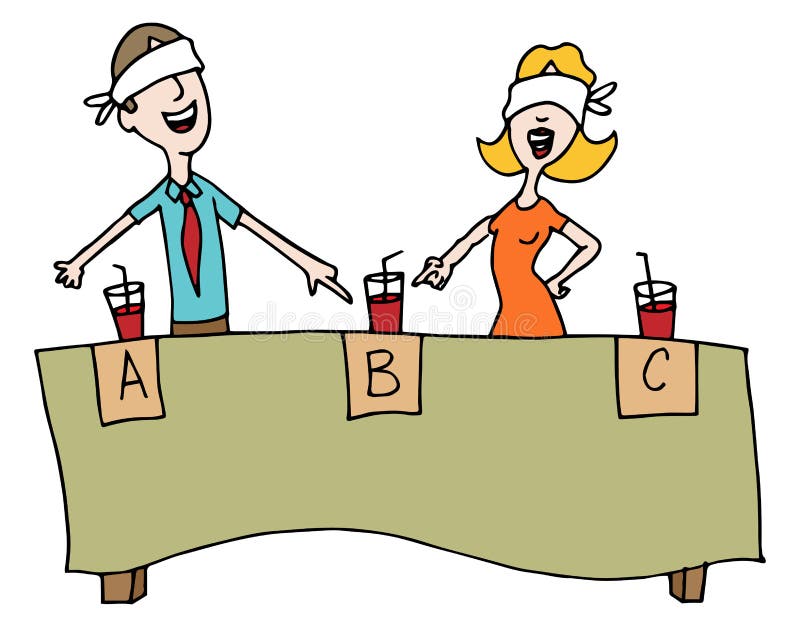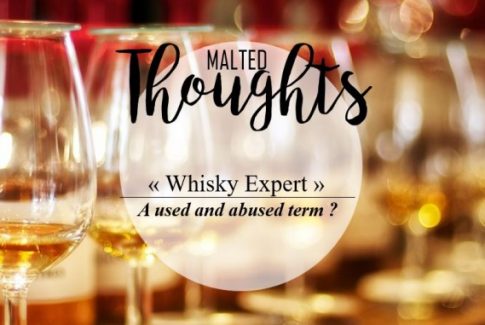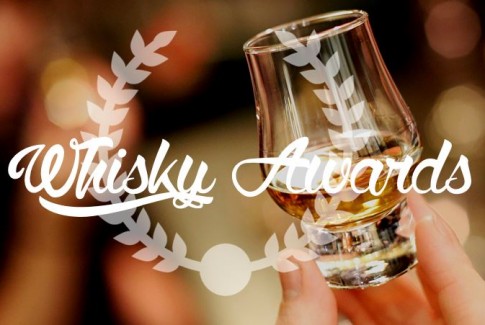
I must admit I felt more than honoured the first time I was asked to join the judging panel of a whisky competition – kind of validating years of hard work and being recognised by people I can now probably refer to as my “peers” (although I would never have the encyclopedic knowledge and tasting skills of a Charles Maclean, sitting at the same table is always a moment of pride I can’t deny ;)).
IWSC, WWA or smaller awards… I’ve had the chance to sit at a few judge tables, alongside many inspiring people that I often admire, and each of those experiences has been rich on many aspects, but also very demanding ! I mean, judging whisky isn’t only about sitting with friends around a table swallowing dozens of drams in laughters. Well, at least not only.

–> A difficult exercise
Whisky tasting conditions for awards purposes aren’t the same as what I am used to when sampling and reviewing a whisky on my own in the comfort of my home sweet home – I’m one of those persons who needs no distraction or loud noise and TIME to decipher all the complexity and aromas of a whisky. When I’m social drinking, it’s a completely different approach than when I want to get the most out of a specific dram.
Yet, time isn’t king during whisky competitions, you may sometimes have to assess more than 50 drams in less than 50 minutes, leaving you with not even a minute per whisky – and trust me, this is probably the most difficult, challenging exercise for me as a slow drinker! Sitting with many people can also prove not ideal if you tend to be a people watcher like I am but still want to remain as neutral as possible – I mean, it does happen that you or your table neighbour cannot refrain from making a weird face, or going “wow” when sipping a dram. And human beings being humain beings, you may get infuenced by those reactions !
Binge sampling is a thing, coming up with tasting notes for each whisky in a limited time is another thing for me: again, the time factor plays an important role here. When I taste whiskies, I think in French (well… Which should be normal as a French person…), and may not be able to faithfully express my feelings the way I would like to. Judges often come from all over the world, so we do have different cultural or culinary references, it’s difinitely interesting, but it’s also very challenging !
Most awards require blind tasting (which is kind of fair if you think about it, and the competitions who don’t have this process shouldn’t be considered as very serious in my opinion, but then again, it’s just my opinion ;)) – Again, challenging yet mandatory !
Last but not least and as stupid as it can be, the spitting process (which is definitely required if you want to still be alive at the end of the day) is quite challenging for me – I feel it’s terribly difficult to assess a whisky when you’re not swallowing it, it’s like not really having the full experience, it’s kind of frustrating. It doesn’t feel natural, but it’s needed.
When judging a whisky competition, you have to think about whisky in a completely different way – it’s another approach, a challenging but very interesting and educative one !

–> Scoring
Each competition is different and has its own scoring system with its own criteria. You will often have to rate a whisky on a scale of 1 to 10 (well, actually it would be more accurate to say 5 to 10 as whiskies under 5 are as numerous as neurons in all the Kardashian sisters’ brains combined) according to its profile, richness, complexity… Competitions tend to be as objective as they can be (or at least most of them).
However, as objective as those criteria may be, in the end, even if 4000000 judges are sitting at the table, you still need to understand there’s a huge part of subjectivity – taste is by essence very personal, I already said that a billion times around here, sorry for repeating myself but I still see people taking awards results for pure science.
Awards results are often a surprise. We’re humans, we have pre-conceived ideas – And I’m the first one convinced that I don’t appreciate some specific brands or distillery styles – Yet, I cannot count the times I’ve been proven wrong by my own tasting notes and scores ! Awards have enabled me to re-discover some whiskies I probably didn’t enjoy the first time I tasted them, some of my past “whisky demons” have even turned into new favourites 😉

–> Limits / My regrets
I feel competitions fail to reflect the actual diversity of the industry – and may not be representative of the current wealth of the sector, especially when it comes to more “crafty” distilleries. We see the big names over and over again, and they deserve to be there, but plenty of others would have all it takes to be crowned as well. And nope, many aren’t too young anymore.
So why that? Are some distilleries choosing not to enter awards competitions on purpose? If you’re one of those, please get in touch with me and explain why 😀
Anyway, I think the lack of diversity is a shame when you know so many people rely on those medals to choose what they will drink next !
Last but not least, saturation, even if we try to avoid it by all means (drinking water between drams, eating bread…), will show at one point or another – yet, it happens that you may have to judge the most important flight of the day… At the end of the day.







